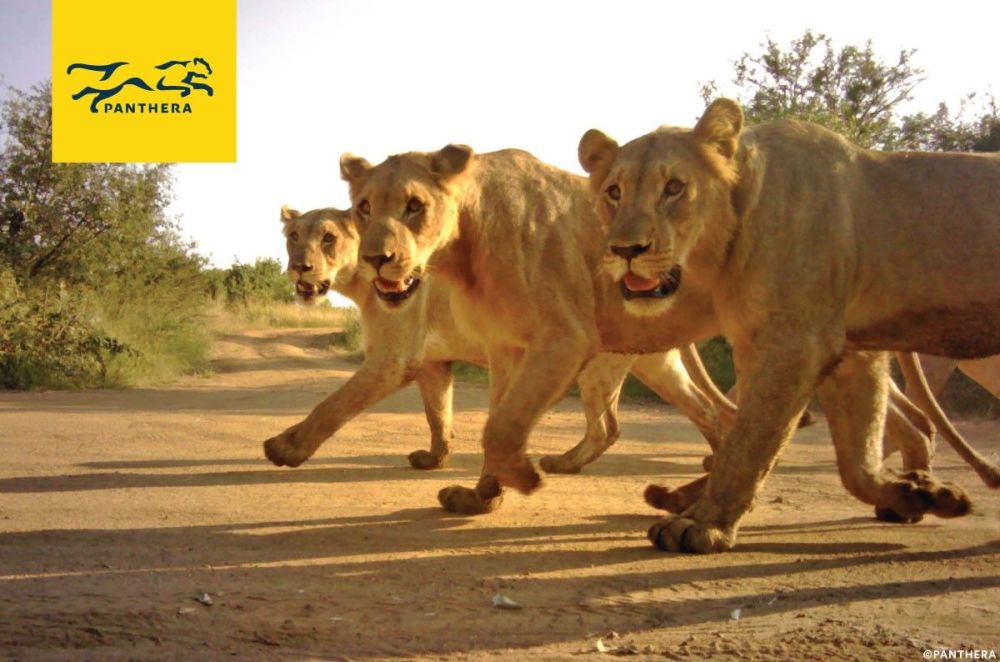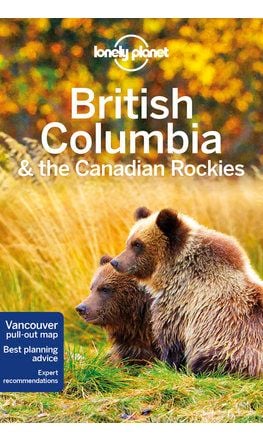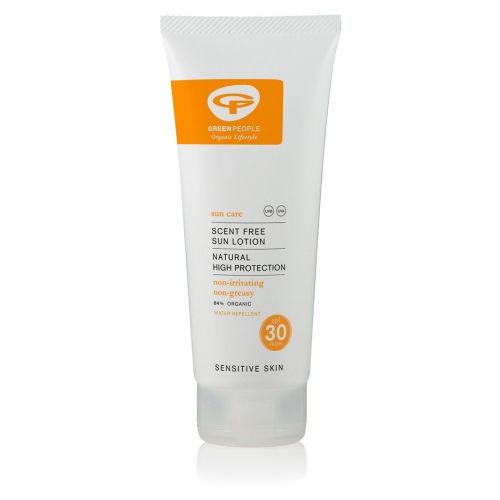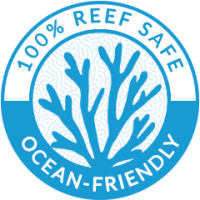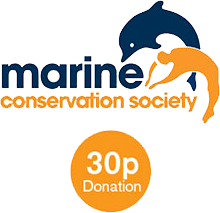|
What’s special about Palau?
It’s an island situated in the western part of the Pacific ocean and it consists of one large volcanic island and several smaller coral reef associated islands.
It’s small. But it takes action.
Palau is imposing a widespread ban on sunscreen in order to protect its coral reefs. This ban will come into effect in 2020.
The sale and use of sunscreen and skincare products which have a list of 10 different chemicals will be restricted. Researchers believe that these ingredients are highly toxic to marine life. They can also make coral more susceptible to bleaching. The ingredients oxybenzone and octinoxate are particularly believed to make coral more susceptible.
Palau has taken the lead in protecting marine life before.
Back in 2015 it designated almost its entire ocean territory as a marine protected zone.
It was the second nation to ratify the 2016 Paris climate agreement.
Thousands of visitors go to Palau every year – and the islands are determined to protect their coral reefs.
As well as sunscreen, reefs are also threatened by sea water warming, over fishing, nutrient enrichment and pollution. These all need to be stopped to halt the continuing degradation of reef ecosystems.
But that said, there is always more that can be done, we have to start somewhere, so thank you Palau for leading the way and showing that action can be taken.
After all, many visitors to come to see the coral reefs in all their beauty, not bleached coral reefs in a terrible state.
There are bans in other places. Mexico has banned sunscreen in nature reserves. The Island of Bonaire in the Caribbean and the state of Hawaii have also passed laws.
But Palau is leading the way as it covers 10 chemicals.
Needless to say, some of the big corporates who produce sunscreen products are sulking, saying that there isn’t enough evidence of the impact on coral. But some have come together to form the Safe Sunscreen Council and they’ve welcomed the move.
Come on other nations – if little Palau can do it, why can’t you?
Visit also Maui Nui Marine Resource Council, a nonprofit organization working for healthy coral reefs, clean ocean water and abundant native fish for the islands of Maui Nui
|
